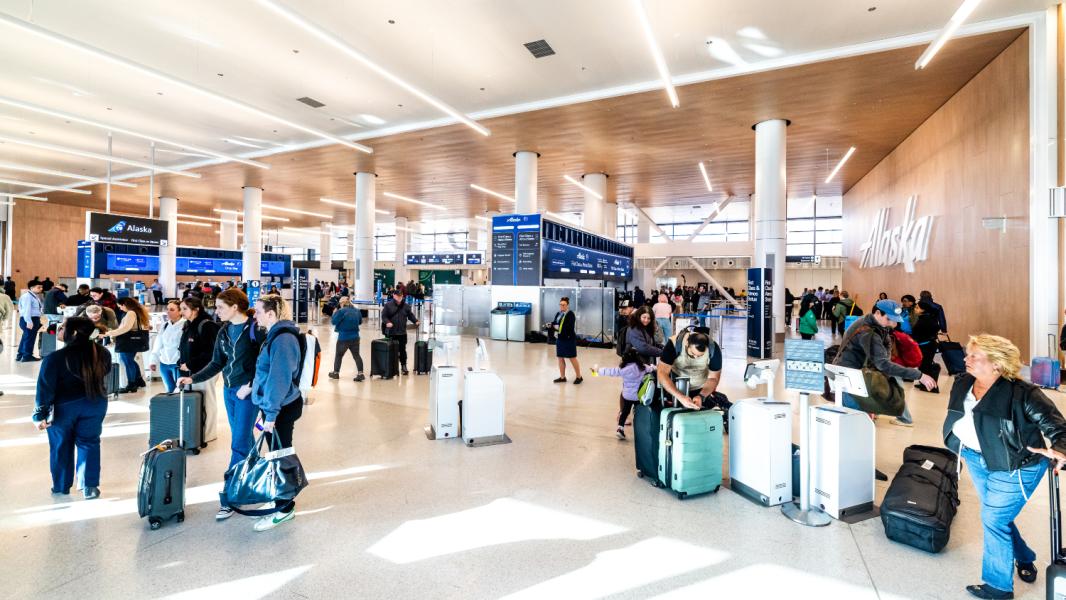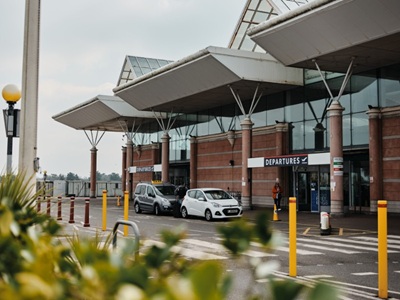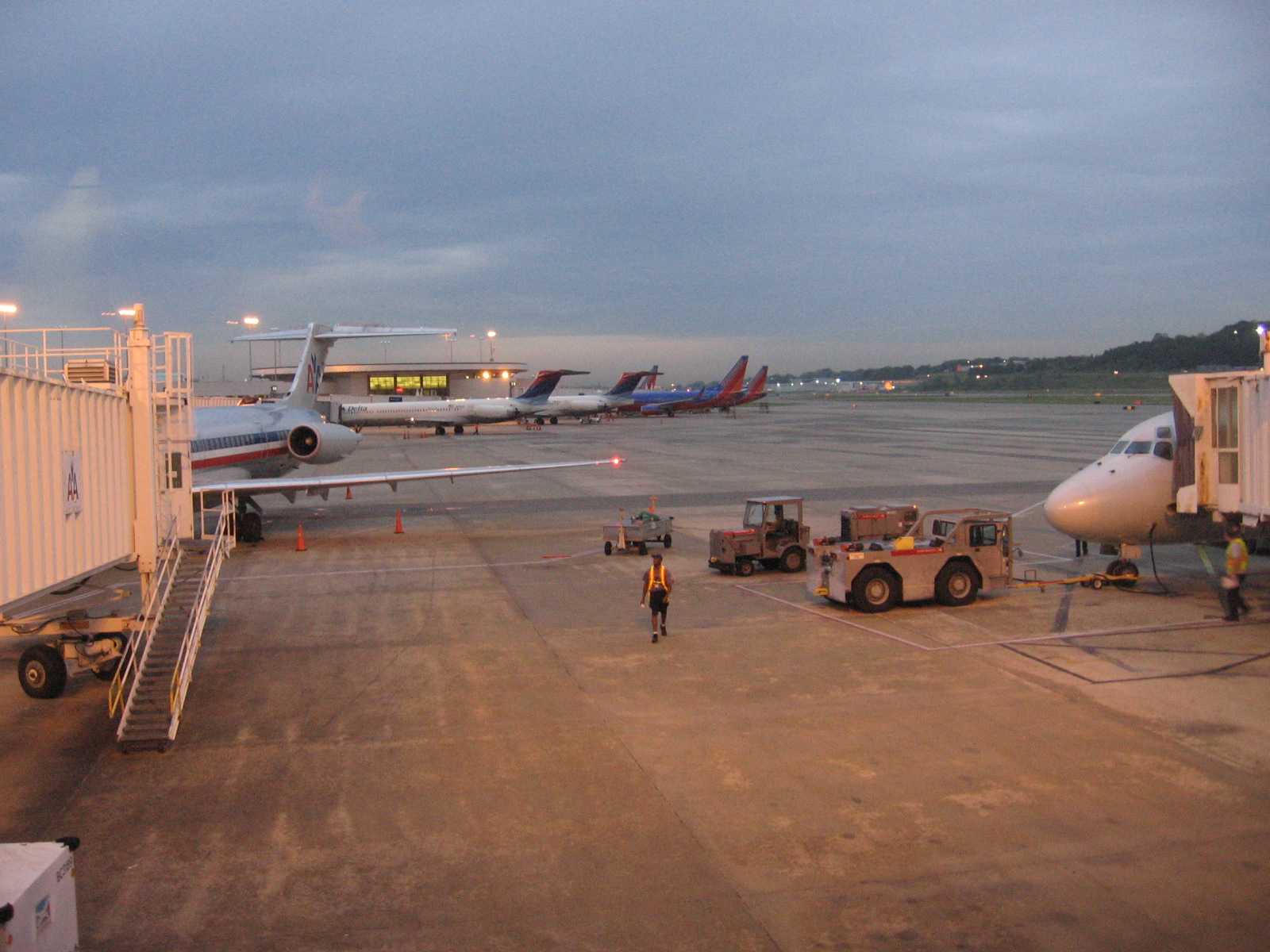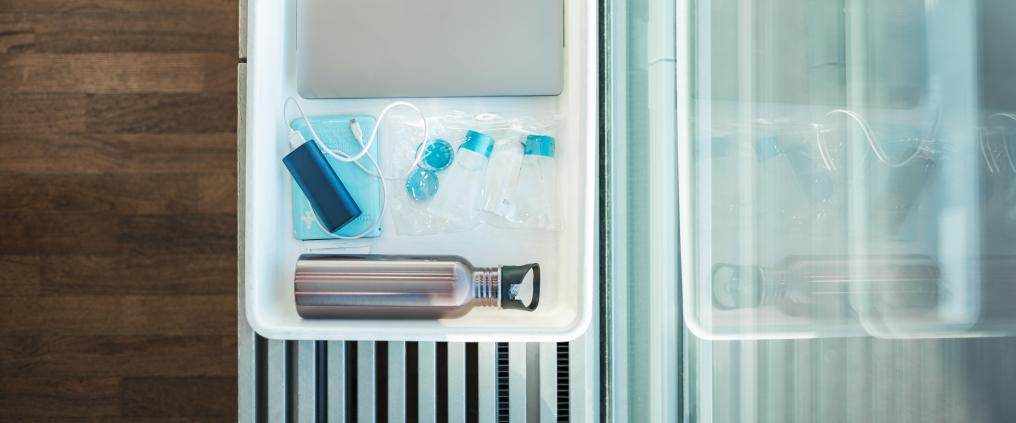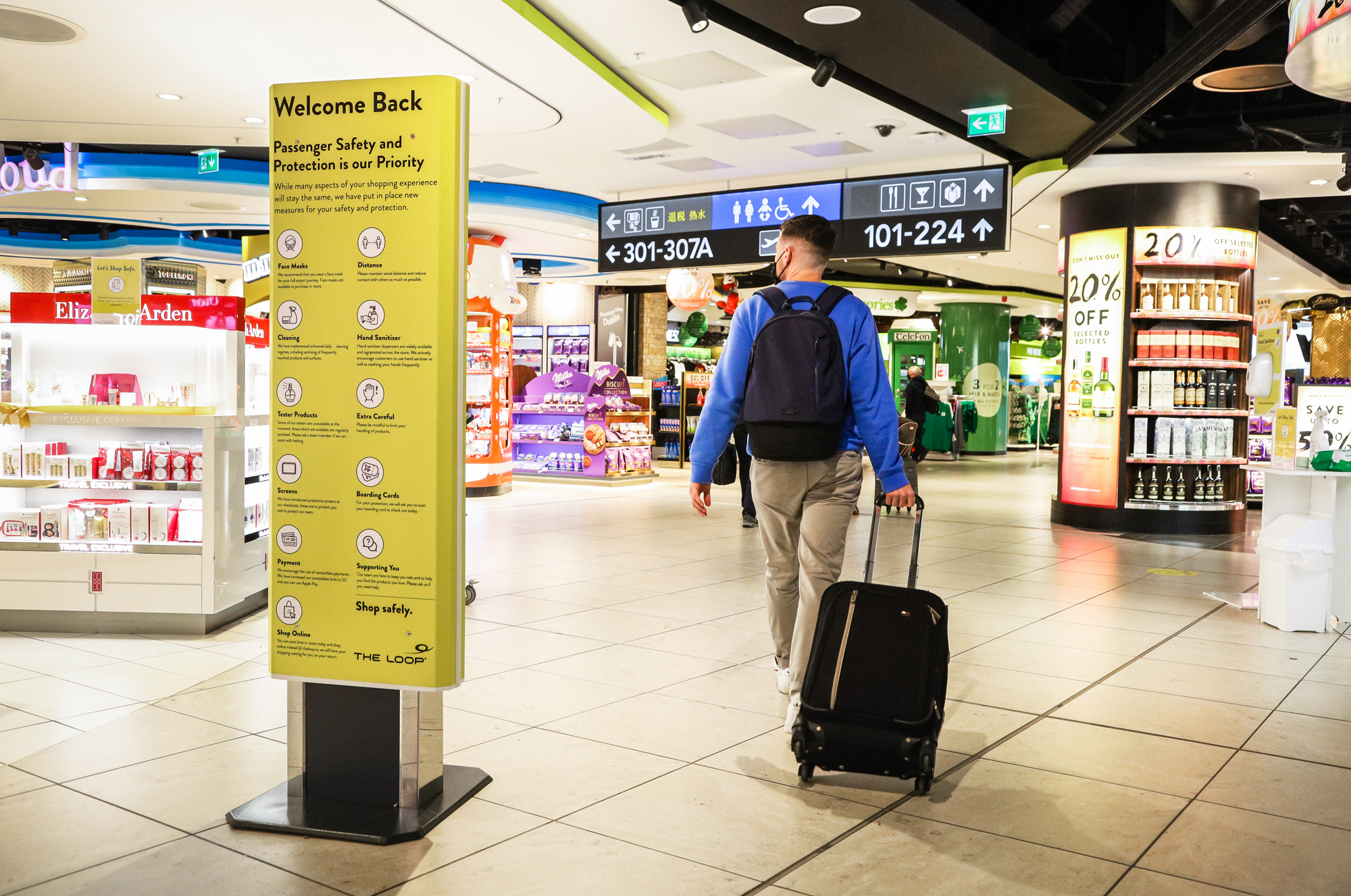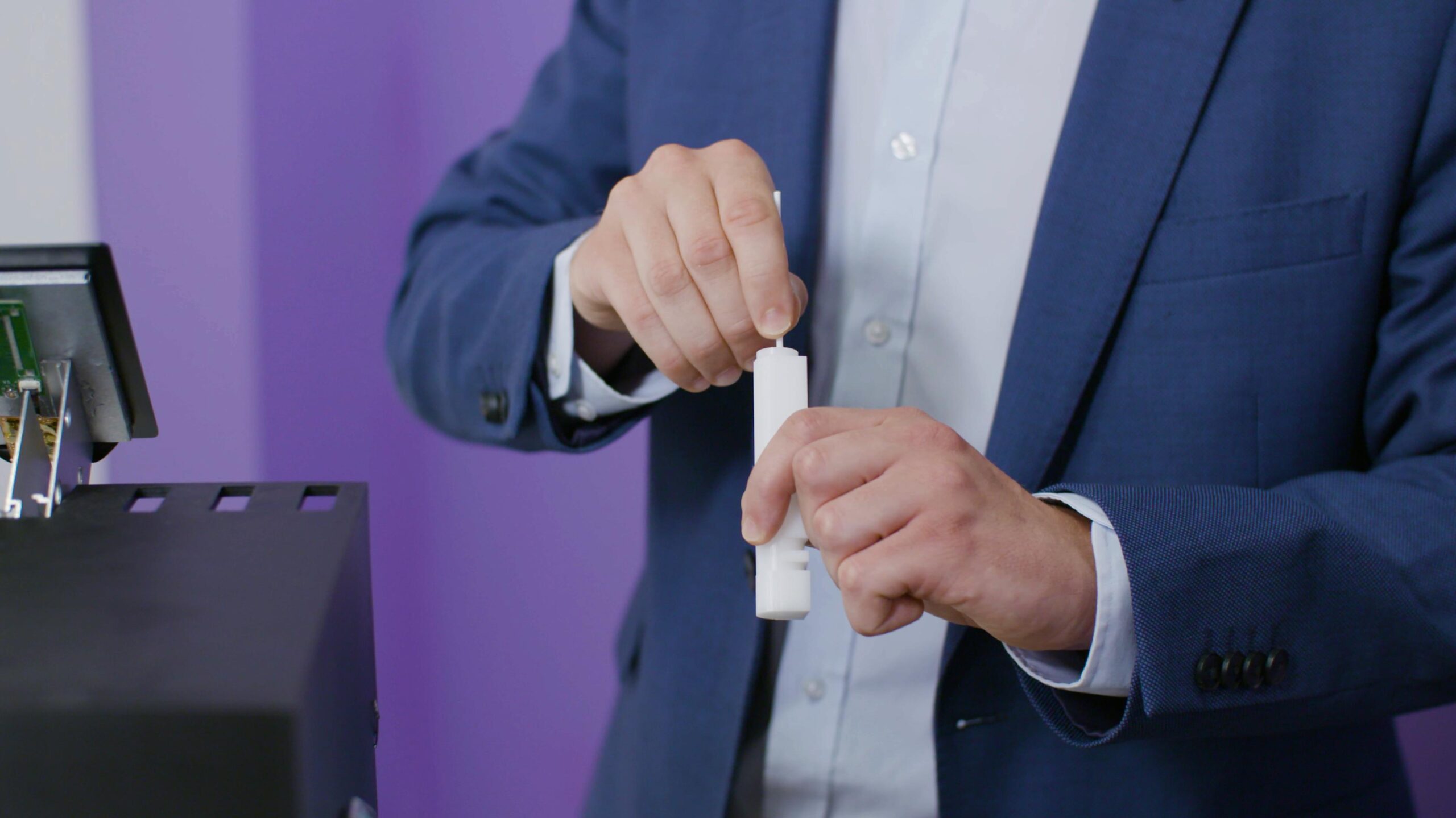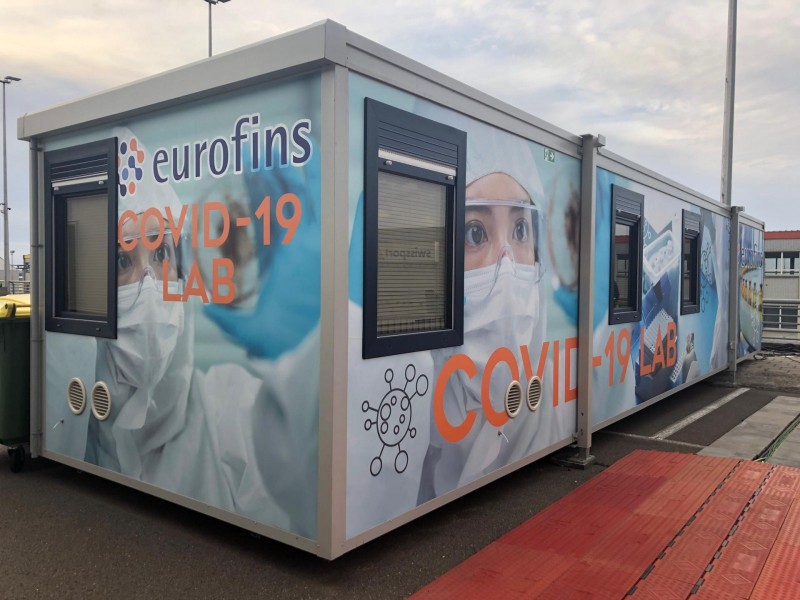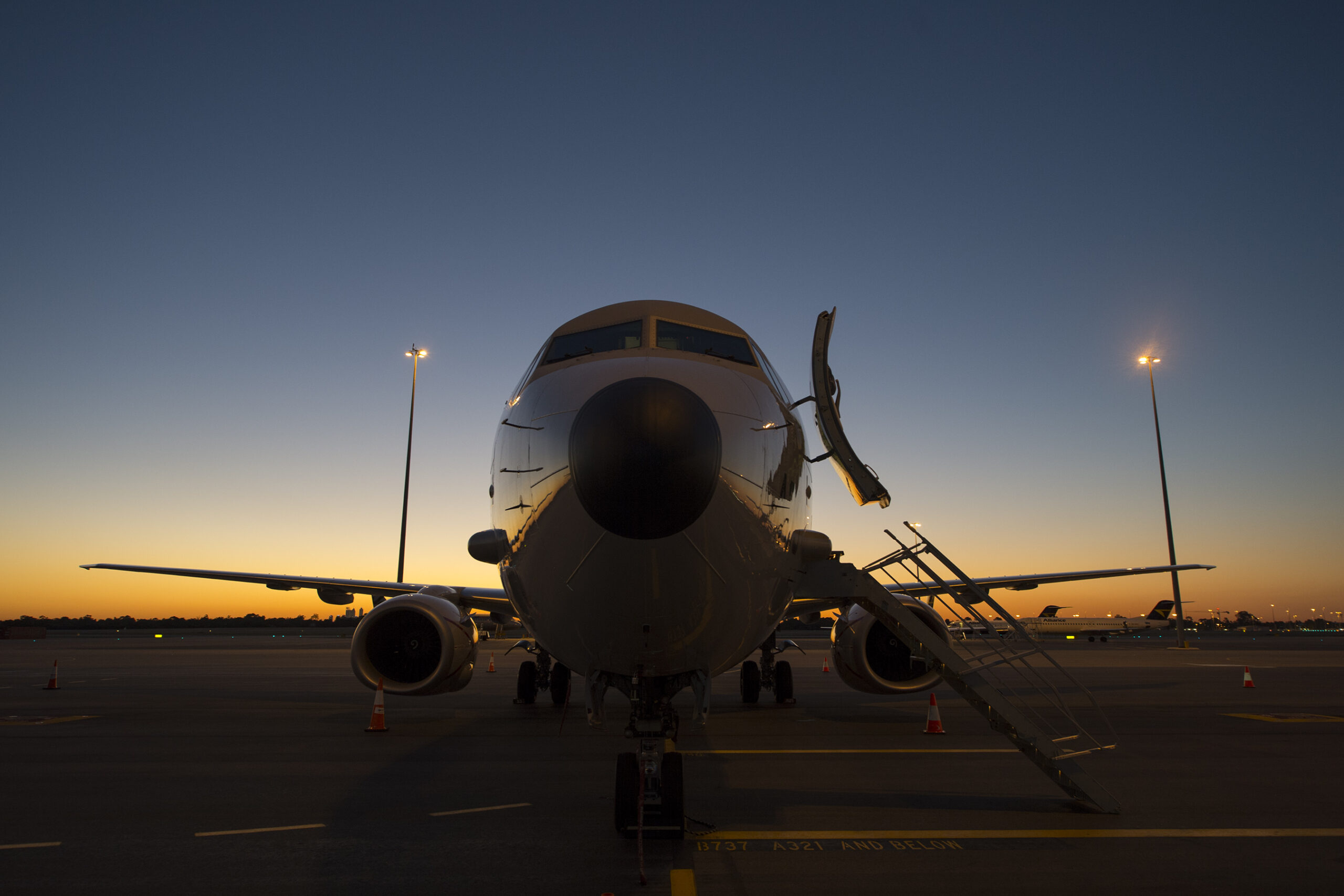United Airlines Now Using New Clorox® Electrostatic Sprayers to Disinfect Airport Terminals
As part of the United CleanPlus commitment to enhancing safety for travelers both onboard and at the airport, United Airlines is now using the Clorox® Total 360® System to disinfect terminals at 35 of the airline’s busiest airports. This electrostatic spraying system is similar to the electrostatic spraying technology used onboard aircraft and will be used to spray surfaces in ticketing lobbies, terminals, gate rooms, employee spaces and United Club locations. The disinfecting solution is EPA-approved to kill SARS-CoV-2, the virus that causes COVID-19. Through its United CleanPlus program, United has been working closely with Clorox and the Cleveland Clinic since early May to consult on all its cleaning and disinfection protocols. The airline currently uses Clorox Disinfection Wipes on all mainline aircraft and in United Club locations.
Senior vice president of airport operations at United, Mike Hanna, said:At the beginning of this pandemic, we laid out our United CleanPlus commitment of putting health and safety at the forefront of the travel experience. In teaming up with Clorox, we've worked with their experts to enhance our cleaning procedures and roll out state-of-the-art products throughout the United journey to give our greater customers confidence when they travel. This is just one of many steps we are taking as part of our layered approach to safety.
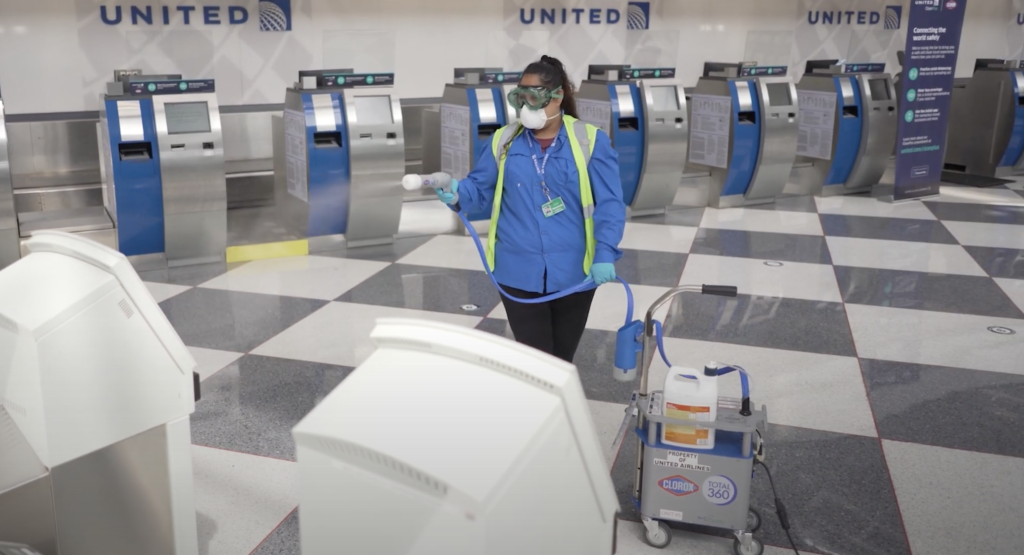
Vice president of out of home for The Clorox Company, Heath Rigsby, said:Throughout the pandemic, we've worked with United to help enhance the safety of their travelers with disinfecting protocols and products, as part of United's holistic approach to traveler safety. We're proud to extend these efforts to help passengers even before boarding their planes by using our Total 360 System to disinfect surfaces within busy airport settings.
The Clorox® Total 360® System charges and atomizes the Clorox disinfecting solutions to deliver a powerful flow of charged particles that attract to surfaces with a force stronger than gravity. This allows the product to reach and uniformly coat germ-prone surfaces, including areas that conventional trigger sprays may easily miss. United expects all 35 airports will be using the systems every night beginning in early December and plans to expand to additional airports in early 2021.
Using Clorox products is only one of the ways United is working to enhance customer safety in its airports. The carrier is also providing antimicrobial gloves to Ramp and Baggage Service employees to offer an additional protection layer against SARS-CoV-2, the virus that causes COVID-19. Every ramp and baggage service employee will receive a pair of washable, reusable gloves that are effective for up to six months. Additional measures United has taken since the start of the pandemic to create a safer environment in its airports include:
- In April: United began installing hand sanitizer stations throughout terminals and plexiglass dividers at service areas. The airline also started placing signage around the airports to inform customers of safety measures that are in place.
- In May: United was the first U.S. carrier to introduce touchless check-in kiosks that allow customers to check-in, including if they are checking bags, without touching anything besides their own mobile device.
- In June: United became the first U.S. airline to require customers take a health self-assessment during the check-in process.
- In July: United expanded its policy requiring all customers wear masks onboard to in its terminals and stated that customers who refused to comply with this policy may be placed on an internal travel restriction list while the policy is in place. United also began automated text notifications to customers waiting on seat assignments, reducing touchpoints between customers and employees.
- Most recently: United was the first U.S. airline to announce that it would offer COVID-19 tests for customers, starting with flights to Hawaii from San Francisco.
This article was originally published by United.



